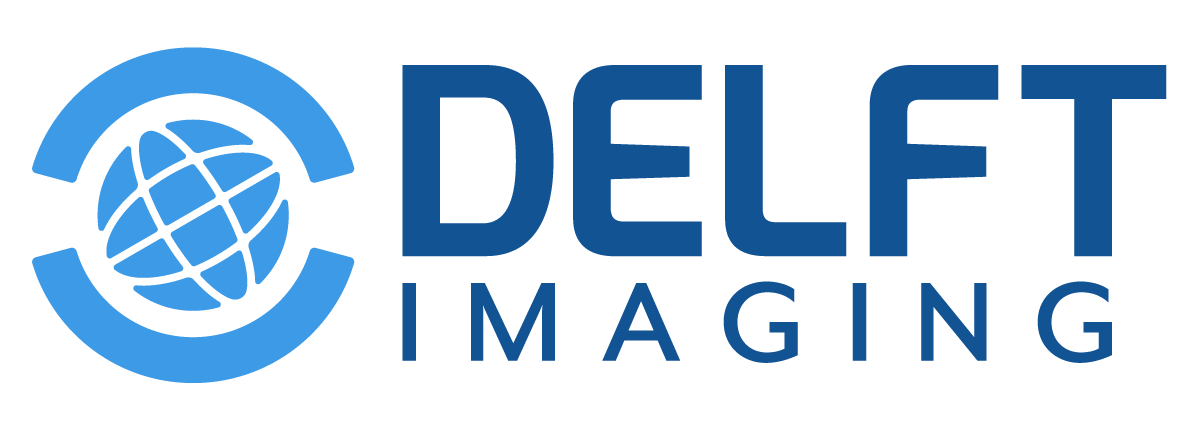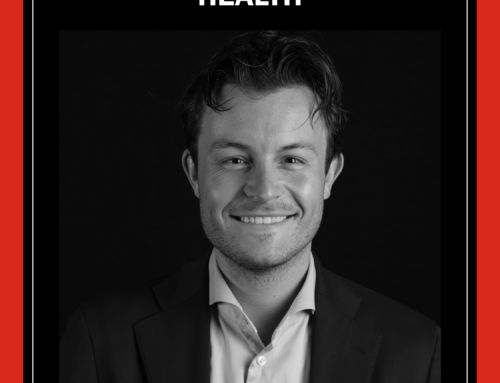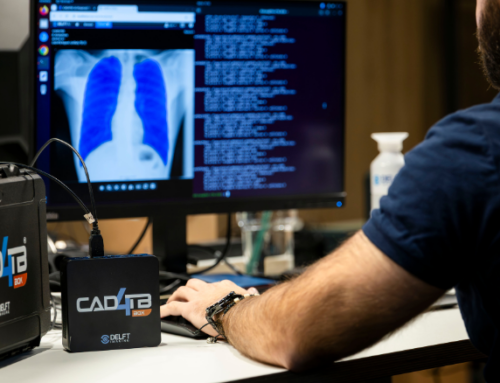Researchers have concluded that results from the HPTN071 (PopART) trial provide evidence of a 20 percent reduction in HIV incidence when communities are proactively offered HIV testing and linkages to treatment and prevention. PopART also achieved an overall “viral suppression” of around 70 percent, which increased from 55 percent at the start of the trial, meeting UNAIDS targets. Viral suppression is needed for someone with HIV to remain healthy and to prevent transmission to their partners.
PopART offered universal testing and treatment for HIV through house-to-house visits across 14 communities in Zambia and South Africa on an annual basis from 2014 to 2018. It was the largest ever trial of a combination HIV prevention strategy, and reached around one million people.
The results of this randomised study, led by researchers at the London School of Hygiene & Tropical Medicine and Imperial College London, were published in the New England Journal of Medicine in July 2019.
Communities were assigned at random to one of three study arms. Arms A and B received annual door-to-door voluntary HIV testing, linkage to care for those who tested positive and access to HIV prevention measures for those who tested negative. The difference between Arms A and B was that those who tested positive in Arm A were given the opportunity to immediately begin treatment for the virus, whereas in Arm B treatment was provided according to national guidelines. Arm C served as a control and received HIV prevention and testing services according to the local standard of care, as well as HIV treatment according to national guidelines.
The results showed that new HIV infections were 30 percent lower in Arm B compared with the control Arm C. The study unexpectedly found that a similar decline in new HIV infections was not seen in Arm A, in which there was only a seven percent decrease, contrary to the expectation that this group would yield better results because participants were referred for immediate treatment from the start of the study.
In explaining this finding, it is important to note that the country guidelines for treatment in Zambia and South Africa were revised early on in the study. Initially, national guidelines recommended that the start time for treatment for people with HIV be based on the level of their immune health. In 2016, the countries recommended that everyone diagnosed with HIV begin treatment immediately, regardless of their immune health.
Therefore, for two out of the three years of the trial, Arms A and B were identical, and researchers have accordingly combined the results from Arms A and B to conclude an overall 20 percent reduction in HIV incidence in these communities.
Universal testing and treatment has been proposed by the public health community as a strategy to achieve steep reductions in HIV incidence. The PopART results show that not only is it practical to deliver community-wide HIV services in urban communities with severe HIV epidemics, but it is also very cost-effective: by providing immediate treatment for people who test positive for HIV, it is possible to improve their health outcomes and prevent the spread of the disease, reducing the burden on health systems.
During the PopART study, tuberculosis (TB) testing and treatment was also delivered, and the TREATS study is now seeking to ascertain whether this had an impact on TB incidence and prevalence.
Dr Richard Hayes, a lead researcher on the PopART and TREATS studies, said: “We have some time to wait for the TREATS results, but we hope that a similar reduction will be seen in TB prevalence and incidence. Our hope is that by proving the success of PopART in reducing rates of HIV and TB, we can encourage more countries to implement the universal test and treat approach and make strides towards eliminating both diseases.”
Source: https://treatsproject.org/latest-news/
Photo credit: The Union / Will Boase




